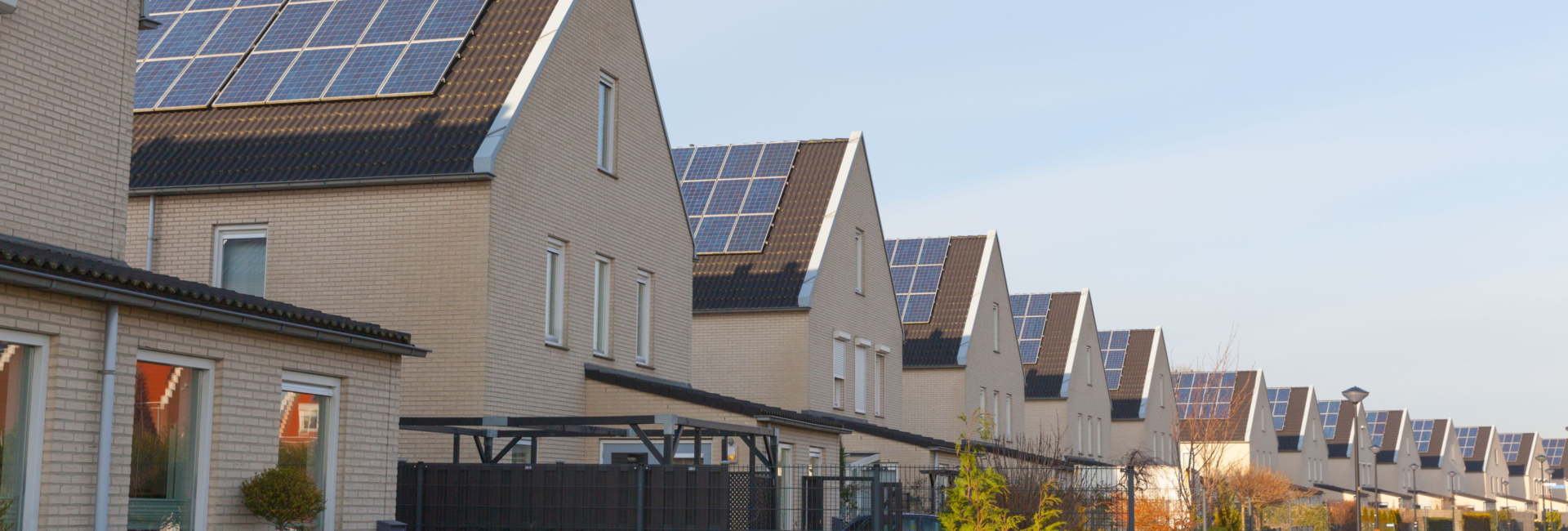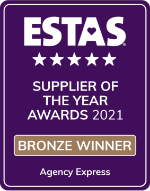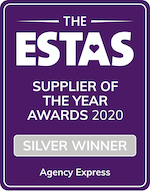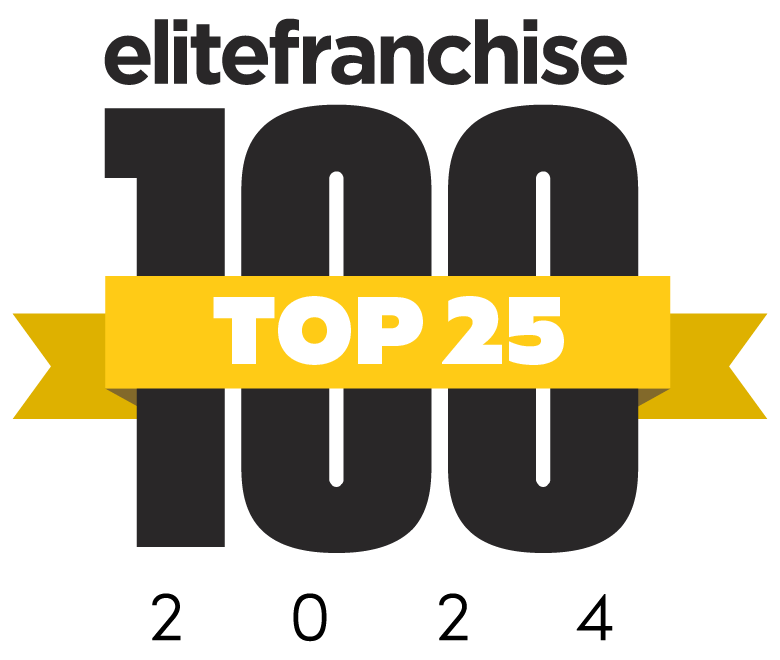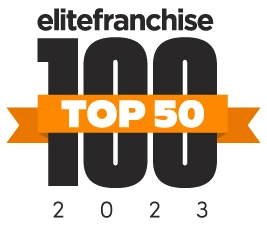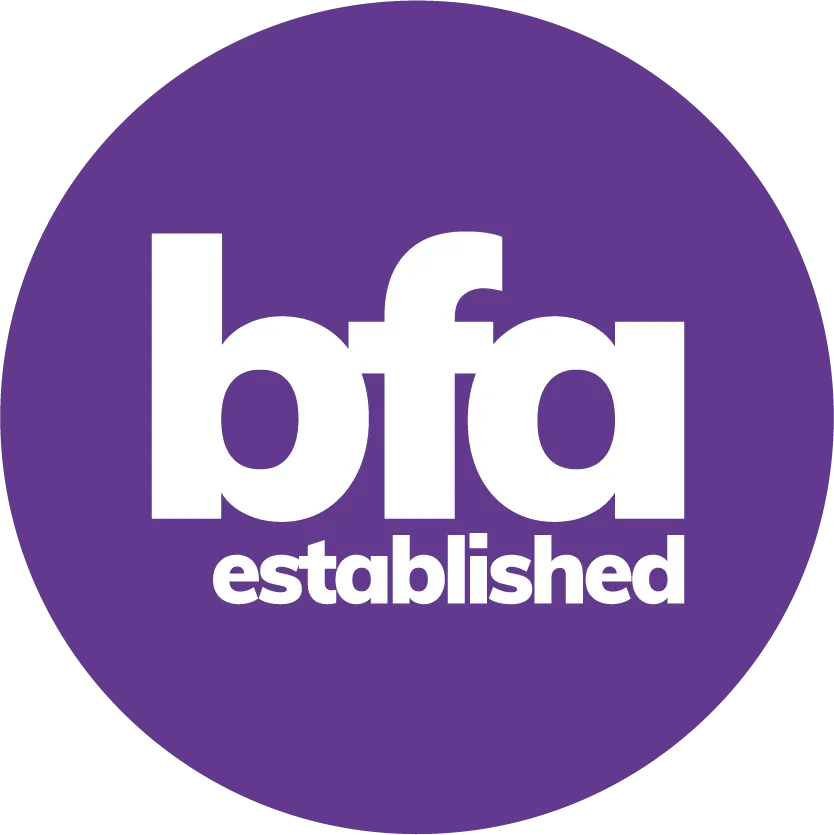Four green home improvements to help you attract better tenants
Until a few years ago, prioritising green home improvements was largely a matter for owner-occupiers who wanted to make a positive difference to the environment. BTL landlords tended to consider eco-friendly features more of a luxury than a necessity even if there was a clear financial case to be made, such as with solar roof installations for rental properties.
However, climate change and sustainability are becoming increasingly important topics of conversation and concern. Figures show that the UK built environment is currently responsible for a quarter of total UK greenhouse gas emissions.
The result is that tenants, and younger generations in particular, are now beginning to consider green features as must-haves rather than nice-to-haves when looking for a place to live. A recent survey from an online rental platform found that 98% of respondents stated they would prefer a home with maximum energy efficiency and minimum environmental impact. 50% said they would be prepared to pay more for a greener property while nearly 10% would accept a 20% rent rise.
What’s more, the survey found that tenants expect their rental homes to have some sustainable features already in place, the top ones being:
- Double glazing (95%)
- Loft or wall insulation (92%)
- Recycling bins (92%)
- LED light bulbs (73%)
- Smart meters (56%)
- Dual flush toilets (50%)
For landlords hitherto unconvinced about whether green home upgrades are worth the effort, a clear direction and urgent call to action now emerges.. Energy-efficient, environmentally responsible homes represent a substantial draw for renters, which means that landlords who make their rental property more eco-friendly are sure to attract more tenants, better quality tenants, and at a higher rental fee too.
With that in mind, we’ve put together some useful ideas for action landlords may wish to consider, in an effort to give your rental property greater ‘green’ appeal.
1. Optimising the use of natural resources
Water is a precious resource that often gets needlessly wasted in the home. It’s an easy upgrade to invest in water-saving taps, showerheads and toilet flush to optimise the use of this key natural resource. Encourage tenants to report any drips or leaks as soon as possible and deal with them as a matter of urgency.
Excess landfill waste and the overuse of plastic and packaging in particular are among the most significant environmental issues in the world today. Eco-aware generations of tenants recognise the need to reduce, reuse and recycle precious resources in a move towards a more sustainable life.
Landlords can support this by providing recycling containers along with guidelines on how to recycle various materials and information for local collections. If there is a garden or outdoor space, there are many good reasons to promote this additional ‘green’ amenity and perhaps include a veg patch and compost box as well as a water butt for rainwater capture.
2. Efficient appliances and lighting
Energy-efficient appliances are ranked highly among tenants for their environmental as well as cost-saving benefits. This applies to white goods and domestic appliances. Check the energy ratings of any new purchases or replacements and bear in mind that the new-look energy labels use an A-G rating (with A being the most efficient).
When it comes to heating, ground source heat pumps are being heavily promoted as a greener alternative to gas boilers. While the costs involved in such an upgrade may not be financially palatable for landlords at the present time, the latest gas boilers do at least offer much greater energy efficiency. Installing smart energy metres can also help keep the property heated while using the least amount of energy.
Finally, switching to energy-efficient LED light bulbs will help to cut down on energy consumption and lower prices. Most LED bulbs have a lifespan of up to 50,000 hours, meaning you won’t have to replace them for 10 years.
3. Better home insulation
Poor insulation is one of the biggest bugbears for properties. They cost much more to heat and lose that heat quickly, making for less pleasant and comfortable environments in which to live. Since 2020, landlords are no longer able to rent out properties with an EPC rating of F or G, and the Minimum Energy Efficiency Standards required for rental properties are set to rise to C or above by 2025. The penalty for not having a valid EPC in place is also set to rise from £5,000 to £30,000 from 2025.
The quickest and cheapest way to insulate a property is by draught proofing around doors and windows and sealing any gaps between floors and skirting boards. DIY sealants and adhesive draught proofing strips are available from any DIY store. Fitted carpet and rugs on the floor can also help.
Around 20% of heat in a home is lost through single-glazed windows, so if you have an older rental property that is not yet fully double-glazed, now could be a good time to make this key home improvement.
Poorly insulated roofs and walls can be a major contributor to heat loss. Consider installing or upgrading your loft insulation and investigate cavity wall insulation. Insulation grants may be available for landlords and/or tenants.
4. Solar power
For landlords who want to take their rental house to the next level, a solar PV installation may be an excellent investment. Energy from the sun is free and renewable, boosting your property’s eco credentials and lowering your tenants’ electricity bills.
Check to see if your property is suitable – the best yields are achieved on west and south facing pitched roofs. Solar installations usually fall within permitted development rights (subject to limits and conditions) with no need to apply for planning permission.
The price of solar panels has come down substantially in recent years while the government’s Smart Export Guarantee (SEG) scheme pays for the surplus energy generated for pumping back into the national grid. With the recent rises in energy costs, this could be a very worthwhile medium to long-term investment indeed.
Written by Agency Express guest writer Annie Button



 Login
Login